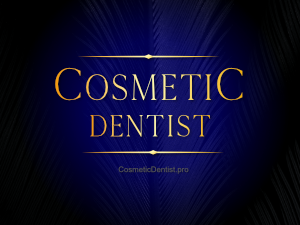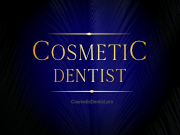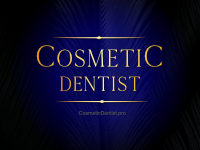Treatment of Jaw Problems/ Headaches
“Temporomandibular Joint Dysfunction (TMJD) Syndrome – is a condition in which the patient has painful temporomandibular (jaw) joints, tenderness in the muscles that move the jaw, clicking of the joints, and limitation of jaw movement. Stress, resulting in clenching the jaws and grinding the teeth, can be one causal factor”.
It is also sometimes referred to as “myofascial pain disorder” or “temporomandibular disorder” (TMD).
Symptoms of this can include;
- Joint pain which can radiate along upper or lower teeth and sometimes back into the ear.
- Jaw joint clicking.
- Jaw opening limitation or locking open/ closed.
- Ear and hearing problems.
- Tension Headaches.
- Feeling the teeth do not meet correctly.
Causes of Temporomandibular Joint (TMJD) Dysfunction Syndrome can include;
- Nocturnal bruxism (night tooth grinding) often related to stress.
- An issue with the way teeth touch together (incorrect occlusion).
- Excessive yawning.
- Sleeping on your side rather than on your back.
- Trauma to the jaw joint.
So how can it be treated?
- Some ‘exercises’ may be helpful in reducing symptoms.
- ‘Reduction of psychological stress’ is also strongly linked with jaw problems, reducing this is an important consideration.
- Provision of a ‘soft bite-guard’ can be considered, which is a horse shoe shaped clear silicone coverage for either upper or more usually lower teeth. This creates a thin, resilient protection for both upper and lower teeth, preventing the patient from being able to wear (grind away) their teeth and fillings during night time wearing. This however does not relieve the stresses set up in your jaw joints, and is perhaps more diagnostic than a long term treatment. It is more usually used to prevent breakages in the mouth due to grinding movements.
- A hard lower OR upper removable bite raising appliance can be made with smooth clear resin. This needs to be designed especially for you and allows your teeth to slide easily over each other during sleep. This prevents the teeth from locking together which can overload the jaw joints and is especially useful at times of stress, thus preventing ‘nocturnal bruxism’ (night tooth grinding). This will need ‘balancing in’ to ensure correct movements and balanced loading of forces.
- Cerezen™ Treatment is a custom made device that can be worn in the ears throughout the day and used to reduce TMJD and its associated symptoms.


